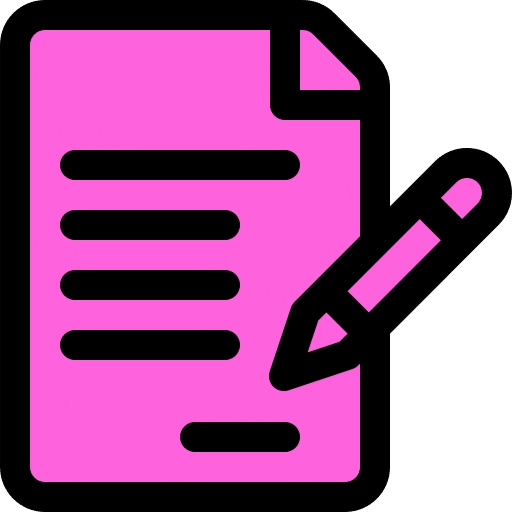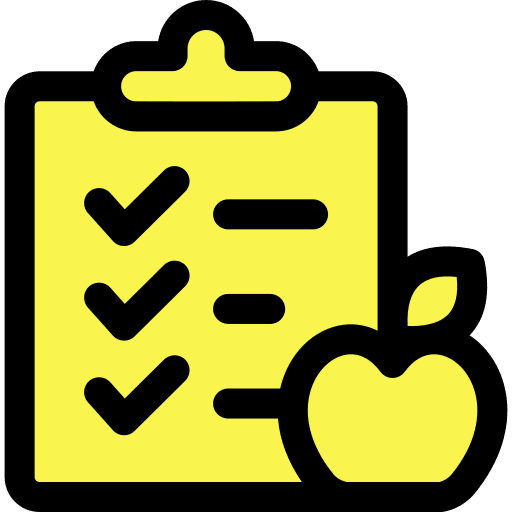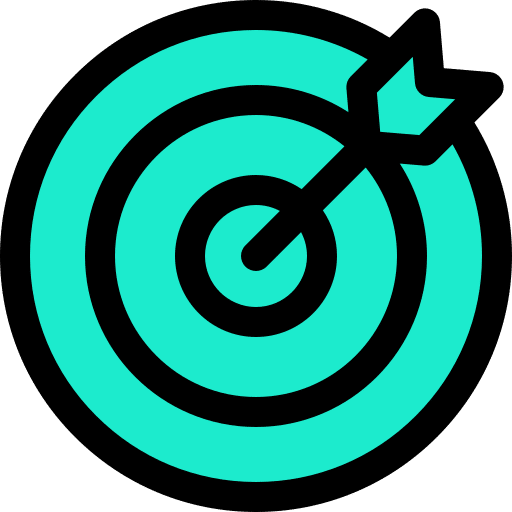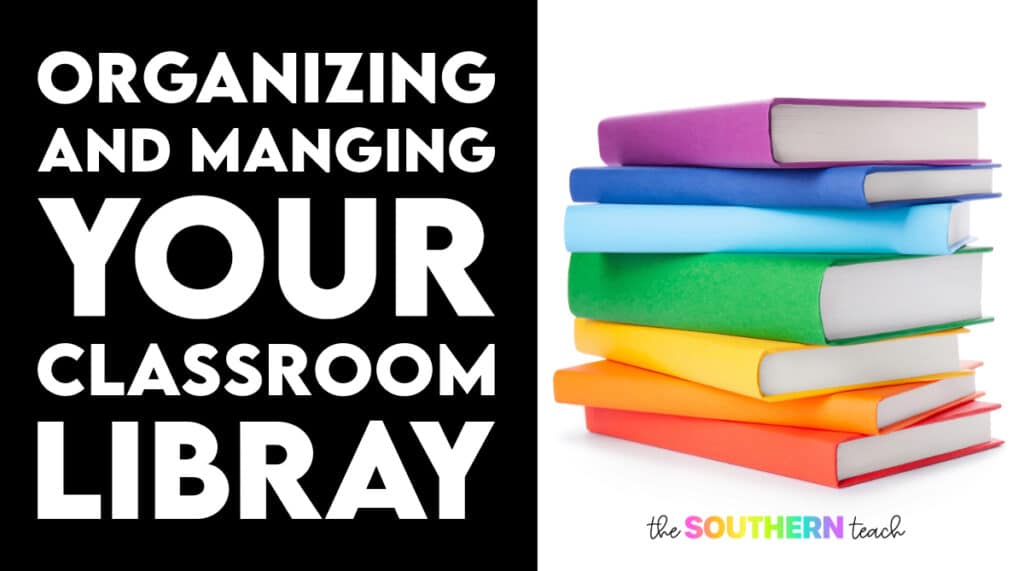
Share This Post:
Teaching has been quite challenging lately, especially with the impact of COVID. I’ve faced my fair share of difficulties as a teacher, and maybe you can relate. In these tough times, it’s more crucial than ever to find a work-life balance between work, home life, and personal interests.
In my early years as a teacher, I spent a lot of extra hours at school, often staying until 5 or 5:30 p.m. I thought that by investing so much time, I could become a better teacher, always aiming to be the best I could be.
I would take home piles of papers to grade, only to find myself caught in a never-ending cycle. However, I soon realized that this approach was not good for me.
The turning point in my career came when I became a parent. This major life change prompted me to rethink my work-life balance.
My priorities shifted, and I began to prioritize quality time with my family. I acknowledged that I didn’t need to be at school as much as I thought; the never-ending to-do list would always be there.
Today, I’m going to share five effective strategies to help you regain control of your work-life balance. If you often find yourself overwhelmed, burnt out, or struggling with a never-ending workload, this episode is designed to provide you with practical solutions.

1. Learn to Say No
One of the first steps towards a better work-life balance is to recognize that it’s okay to say no. While we all want to excel as educators and contribute to our school communities, it’s crucial to understand your limits. Not every request should automatically receive a yes.
Volunteer work, additional meetings, and extra tasks can quickly consume your time. Unless it’s a required duty, it’s acceptable to decline. You don’t need to overextend yourself, especially if it means sacrificing personal or family time.
2. Prioritize Your Tasks
Effectively managing your time starts with prioritization. At school, focus on the most essential tasks. Identify three high-priority items and tackle them first. Concentrate on tasks that have deadlines, ensuring you meet your commitments.
This principle applies to your personal life as well. Decide how you want to allocate your time at home, balancing work, exercise, family, and personal interests.

3. Set a Leaving Time and Stick to It
Creating a schedule with clear boundaries can be a game-changer. Set a firm leaving time for the school and stick to it.
It’s crucial to distinguish between the days you need to stay late for additional work and the days when you should leave as soon as your scheduled hours are over. You’ll find that creating a consistent routine makes it easier to manage your responsibilities.

4. Keep Work at Work
One significant contributor to work-life imbalance is taking work home. While it’s almost impossible to avoid this entirely, I’ve found that leaving papers to grade or tasks to complete at school significantly reduces stress.
Use your breaks and planning periods efficiently to get your work done, and avoid bringing it home. This practice can lead to a clear separation between your professional and personal life.

5. Set Personal Boundaries
Create boundaries to protect your personal life from encroachment by professional responsibilities. For instance, resist responding to work-related emails or communication after hours. By maintaining this practice, you’ll signal to others that you’re unavailable during personal time.
Additionally, it’s essential to avoid sharing your phone number with parents unless absolutely necessary, ensuring a clear distinction between your work and personal life.
Auditing Your Work-Life Balance
Balancing your work and personal life not only enhances your well-being but also increases your productivity as a teacher. I’ve personally experienced the benefits of implementing these strategies.
Although perfection may be unattainable, striving for balance improves your overall job satisfaction, reduces stress, and helps you avoid burnout.
I encourage you to conduct a brief audit of how you spend your time. Be honest with yourself about the number of hours you dedicate to work, hobbies, family, and other responsibilities. Listen to the podcast for examples of what you could audit!
Identify ways to decrease the hours you spend working and increase the time for hobbies, family, or other interests. Strive for moderation and balance in all aspects of your life, and don’t forget to be kind to yourself.
kirsten hammond
Kirsten is a former 3rd and 5th grade teacher who loves helping upper elementary teachers by creating resources and sharing ideas that are engaging, research-based, and TEKS-aligned. She is a work-from-home mama of 3 rambunctious little ones and loves running, true crime, and lots of coffee.











